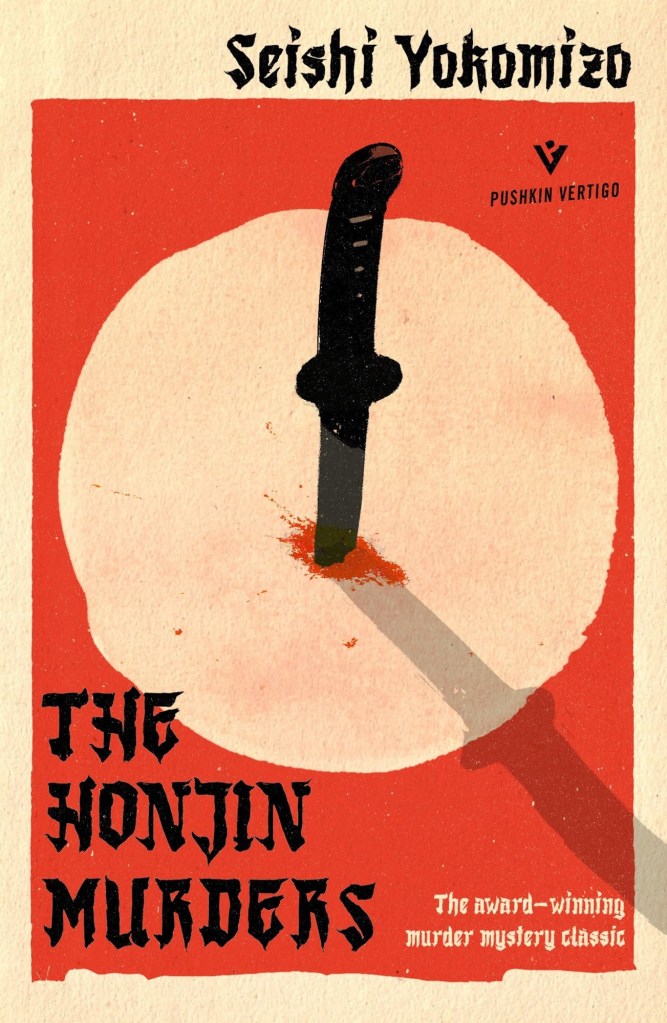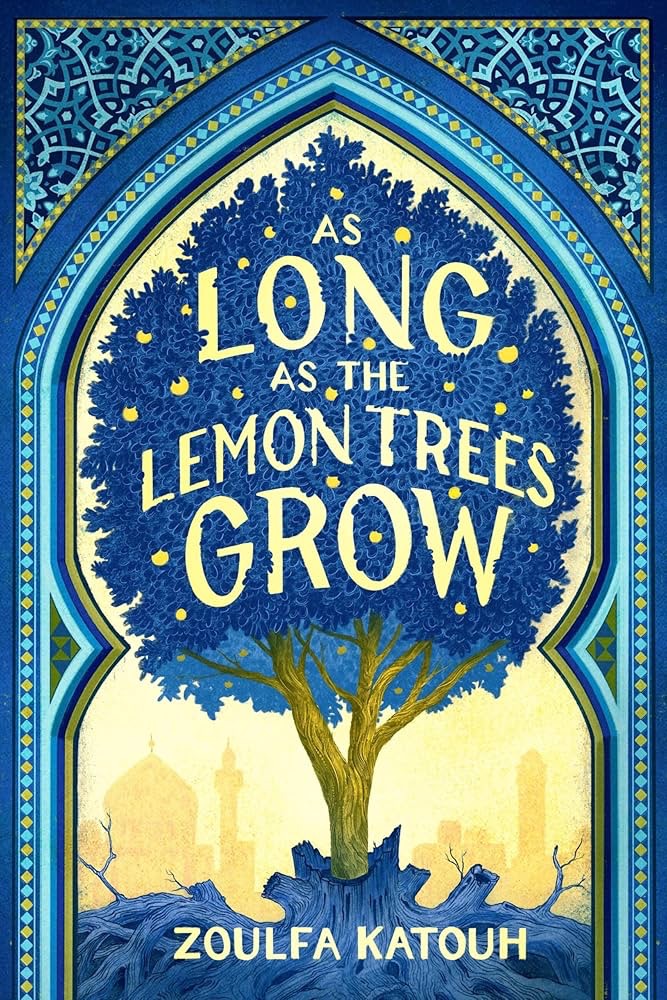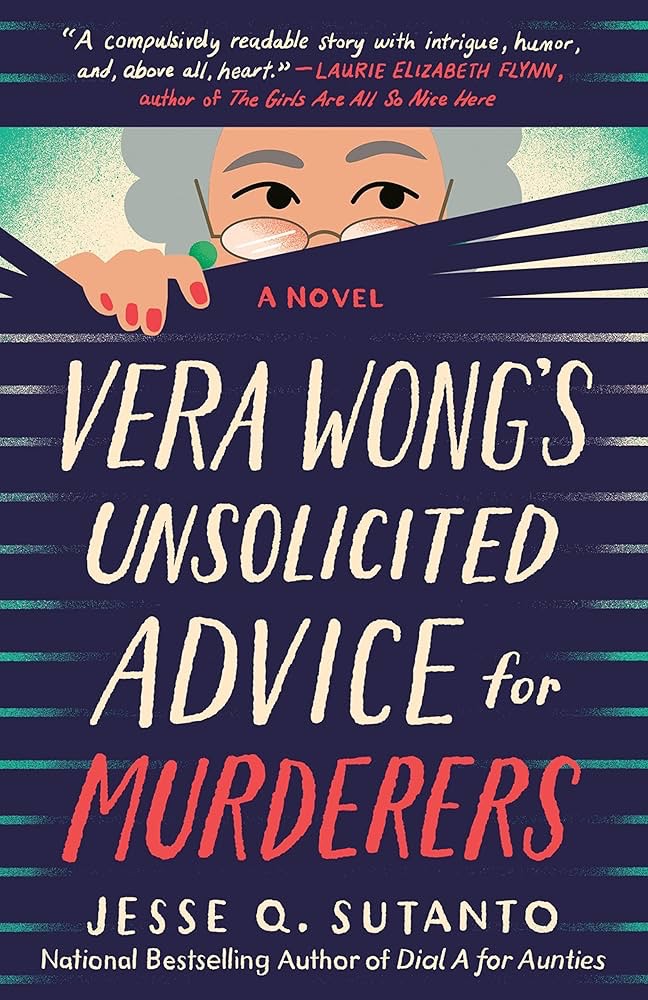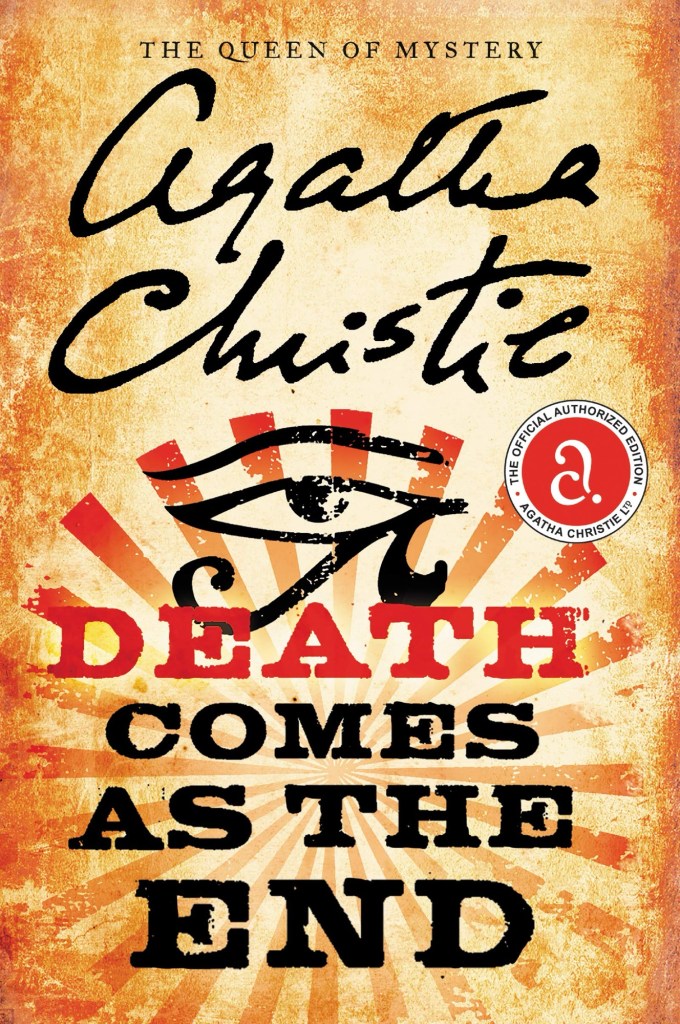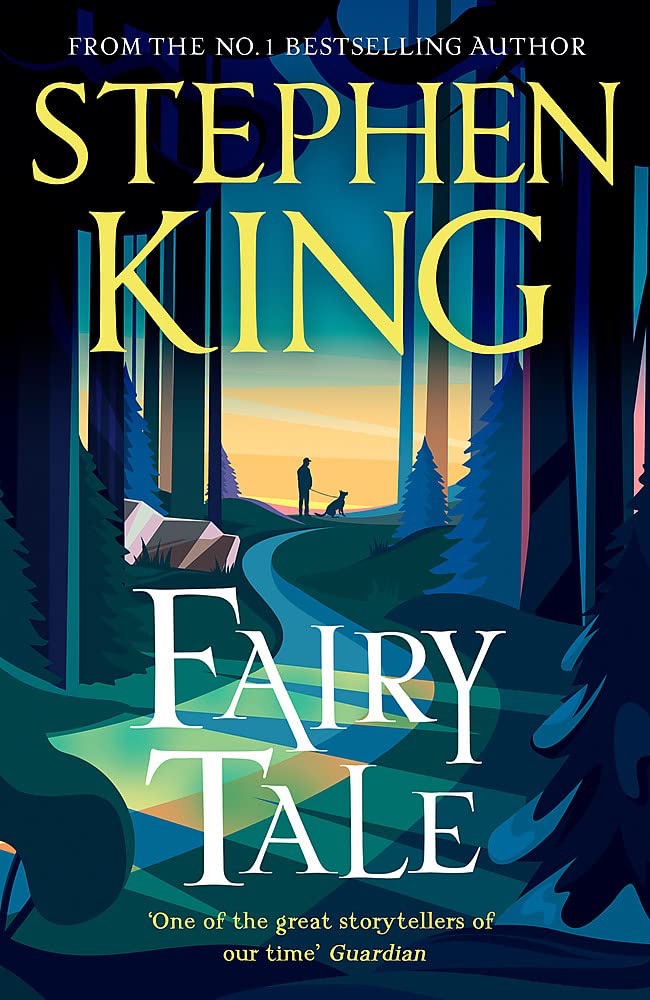
SYNOPSIS:
Legendary storyteller Stephen King goes deep into the well of his imagination in this spellbinding novel about a seventeen-year-old boy who inherits the keys to a parallel world where good and evil are at war, and the stakes could not be higher—for their world or ours.
A story as old as myth, and as startling and iconic as the rest of King’s work, Fairy Tale is about an ordinary guy forced into the hero’s role by circumstance, and it is both spectacularly suspenseful and satisfying.
REVIEW:
After “IT”, I believe this is the second book written by Stephen King that makes me care about the characters almost as much as I’d care about real people. I absolutely love those novels where a friendship flourishes in such a beautiful and heartwarming way as it does IT or Fairy Tale. This is probably the reason I loved the first part of the book more than the second, although I honestly don’t have any complaints about that second half either. It just wasn’t as touching, but it did compensate through action and some suspense here and there.
I think Fairy Tale is one of those books for readers who are already declared fans of the author. It’s good, but definitely not… wow. I wouldn’t recommend it to someone who never read any of King‘s novels, as there are better options to start with.
I mentioned already how much I loved the relationship that formed between Charlie and Mr. Bowdich and, of course, Radar. I know, I know, it was a bit unrealistic since I can’t imagine any 17 years old kid being as mature and responsible as Charlie, but that didn’t stop me from loving those chapters. I mean.. if you can accept and enjoy the existence of parallel worlds, giant cockroaches, telepathic mermaids and ancient evil monsters, why would you be bothered by an impossibly kind boy, no?
And as unrealistic Charlie’s behaviour might be, the response and actions of Mr. Bowdich are the most credible and relatable aspect of the story. I think I’ve gone through that part of the book so eagerly exactly because I wished so much for Mr. Bowdich to receive some goodness. You can sense all the pain and loneliness that a lifetime of isolation left on his heart. It’s easy to empathise with his yearning and his relief to hand over to Charlie both the responsibility of the hidden world and of his most beloved soul, Radar. Especially after what were probably years of fear because it was impossible for him to come up with a backup plan.
The second part of the story moves into a parallel universe, where all popular myths and tales from childhood seem to combine into one storyline where Charlie becomes the hero. You already know it’s a fairytale, so the tension is somehow tamed by the unwritten rule that there will definitely be a happy ending in the last pages of the story. Still, that doesn’t mean the story becomes boring at any point. King adds enough surprise elements to keep you hooked and his world building is at the same level as it is in any of his popular novels. I can still close my eyes and visualise the narrow streets of Lilimar, the depths of Maleen or the desertness of Empis.
I think from the second half until the end, the book could be described as… satisfying. I saw some reviews where readers were complaining that they completely lost interest after Charlie stepped into Empis. I might just have a soft spot for great friendships in books, so for me, that first half of the story was enough to make it worth it.
From what I read, the book is already in progress to be turned into a mini TV series, so it might be a good idea to read it before watching that.
